End of January Round-Up: Nanomachines Edition
By The_Nubster 0 Comments
By the way, spoilers.
As I get older and play more and more games, I often find myself at a loss when the end of the year rolls around. Not because I feel as if I have too much on my plate, or because I feel let down by the year, but it’s just hard to remember what I’ve played. As a kid, it didn’t really matter, but now some games feel like they’ve been lost to the ether of my brain, never to be thought of again.
For people who digest games more casually, like most people do with movies, this isn’t such a big deal. Play a game, have fun, and then let it collect (possibly virtual) dust while they wait for something new. Games to me are a bit more than a time-waster or purely spectacle; they’ve played a huge role in who I am today and how I enjoy my free time. Games deserve more than just to be played and forgotten.
In honour of all videogames, I’ve decided to keep a running list of each game I’ve played, with a short list of impressions and a comment for each game. At the end of each month, I’m going to write up what I’ve played and pick one game to reflect on and offer more than a few bullet points. Not all of the games are current, it’ll literally be what I’ve played this month.
The Walking Dead: Season 1 (Released on disc Nov. 20th, 2012)
-Well-written, believable characters
-Good, hard decisions
-Frequently buggy animations (Eg. Clipping through truck in Ep. 2)
-Walkie-talkie plotline feels cheap, comes from nowhere
Comments: This was my second time through and it still wrung tears from me. Suck it, AMC’s The Walking Dead!
inFamous: Festival of Blood (Oct. 25th, 2011)
-Plays so good, responsive and fast
-Gets all fram-ish when moving quickly
-Combat is occasionally disorienting
Comments: DNF, turning on the PS3 is hard
The Walking Dead: Season 2, Episode 1 (Dec. 17th, 2013)
-Smart UI changes (Eg. R2/RT for actions during QTEs)
-Good story hooks for later (Carver, mystery baby)
-Improved facial animations
-Animations still janky
-Choices seemed one-sided (at time of writing)
Comments: Can’t wait to make Clem a badass. DON’T MESS WITH CLEM.
The Legend of Zelda; A Link Between Worlds (Nov. 22nd, 2013)
-Ravio’s item shop makes combat and traversal immediately fun and quick
-Having so many items speeds up the pacing
-Non-linear design makes world feel empty (i.e. little reason to interact with NPCs)
-Most engaging dungeon designs in a long time
-Stamina bar and removal of item count is a blessing thank you based nintendo
Comments: Like a warm sweater! For reference, other Zelda have been like soggy, smelly ones.
METAL GEAR RISING: REVENGEANCE (PC port) (Jan. 9th, 2014)
-Pretty gnarly, surprisingly gruesome
-Poorly-explained combat, but really fun and fast
-Funny in an MGS kinda way (taking a DOOMP)
-Camera issues in smaller quarters
-Boss fights are hit-and-miss (fuck Monsoon)
-DLC is re-used assets and artificial difficulty. Probably won’t finish.
Comments: I suck at game. Ripping out spines is awesome. War swords. P.S. NANOMACHINES SON.
So Let’s Talk: METAL GEAR RISING: REVENGEANCE
I was pumped as heck for Revengeance. I didn’t even know I liked, as Brad puts it, “character actions games.” The previous DMC games never grabbed me in the way it seemed to sink its claws into most, Bayonetta didn’t click with me, and I only liked God of War because I’m a filthy caveman that loves disgusting violence and boobies. Because of this, I had pretty much written off the genre until the glowing reviews of DmC came about, and then I had to try it. It ended up being my favourite game of the year, even though I sucked (read: still suck) at it.
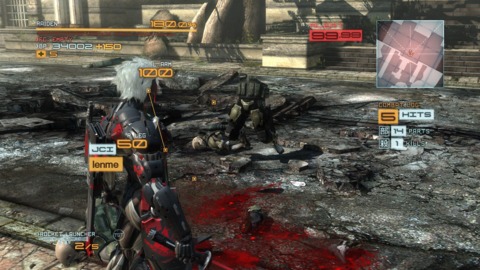
Revengeance, as you could probably tell by the name, is a gloriously stupid game. It takes the rebooted robo-Raiden that everyone loves, makes him need to rip out spines for some reason, and lets you cut things forever into a billion pieces. You cut a Metal Gear RAY in half during the prologue, and it just gets more insane from there.
Perhaps as a symptom of the troubled development cycle, this game has zero explanation of its mechanics. A support character gives you VR training for the combat, but that takes about five minutes and you don’t even need to fulfill the requirements to pass it. I had to watch this handy video for everything to click, but it does eventually click. Unfortunately, the directional nature of the parrying makes the occasionally awful camera all the more frustrating. In God of War or DmC, you could dodge-roll like a maniac with some success until the camera sorted itself out. In Revengeance, when the camera decides to swing wildly as an enemy is in the middle of an attack, your parry is no longer viable and you take a hit. There’s no doubt that it would have benefited from a better tutorial, but by the end I wasn't having any trouble.
More troublingly, this game worries me in regards to the larger Metal Gear Solid fiction that’s been established. Maybe it’s worrying that I’m even worried about that, but it seems to take everything that MGS4 established and take a super diarrhea shit all over it. Raiden is back on the battlefield, PMCs are back in control, cyborg soldiers are all the rage, apparently all wars were not part of a conspiracy, there’s a new Metal Gear, and Senator Armstrong is literally made of nanomachines. Like, whaaaat? I’m willing to forgive Raiden’s anime physics, considering what he did with that battleship in MGS4, but none of the story beats seem to line up with what was established in the previous games.
Even with all of that weird plot stuff, I'm comfortable saying that Rising is my favourite Metal Gear game. Platinum did with it what Platinum do, and made an incredibly engaging game that, despite its difficulty in some spots, never fails to make you feel like a complete badass. Even when certain bosses were whooping my ass (Monsoon you motherfucker), being able to slice them up into ground beef at the end of the fight made the slog worth it. The game drew me back for a second playthrough, and it's possible there may end up being a few more after that. This game turned out pretty well.
But hey, this is called Let’s Talk, so let’s. Tell me: does that story make any sense in the larger fiction of MGS? Would you rather have seen the post-MGS2/pre-MGS4 story, or is this one okay? And was it really nanomachines, son?
P.S. Remember when everyone hated Raiden? Haha.

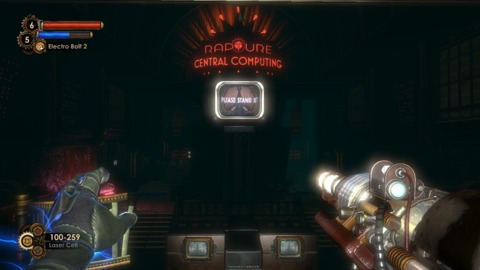
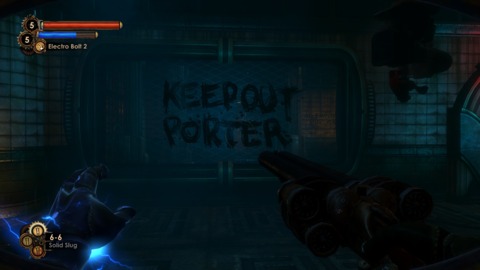
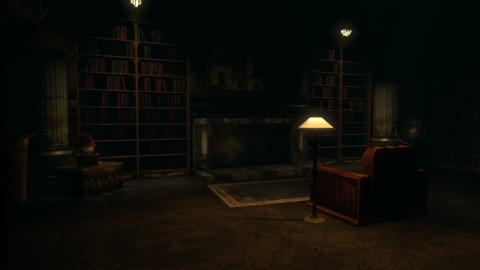
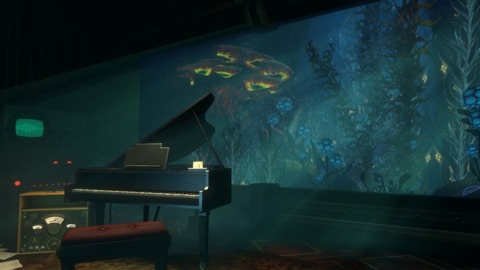
Log in to comment